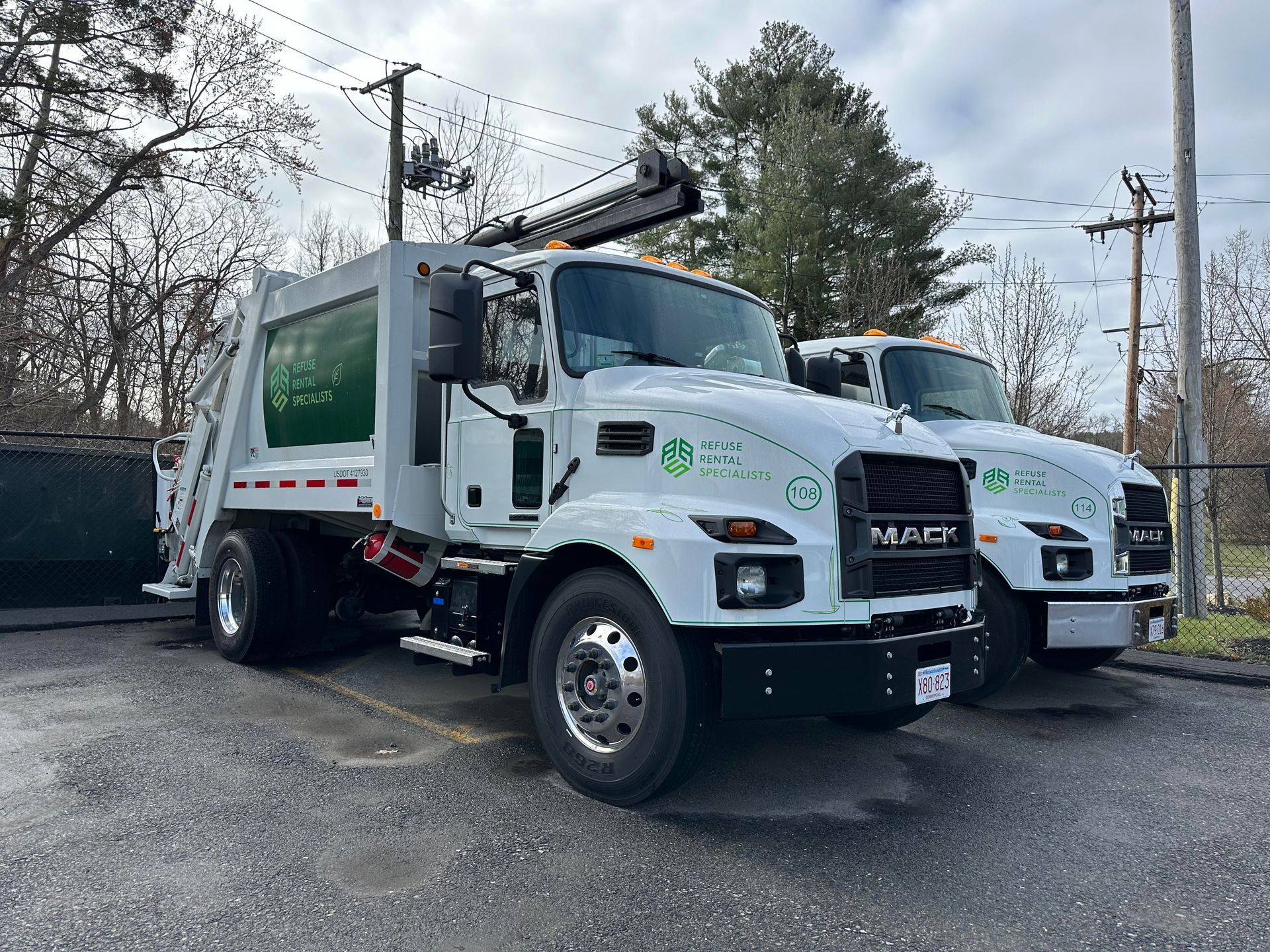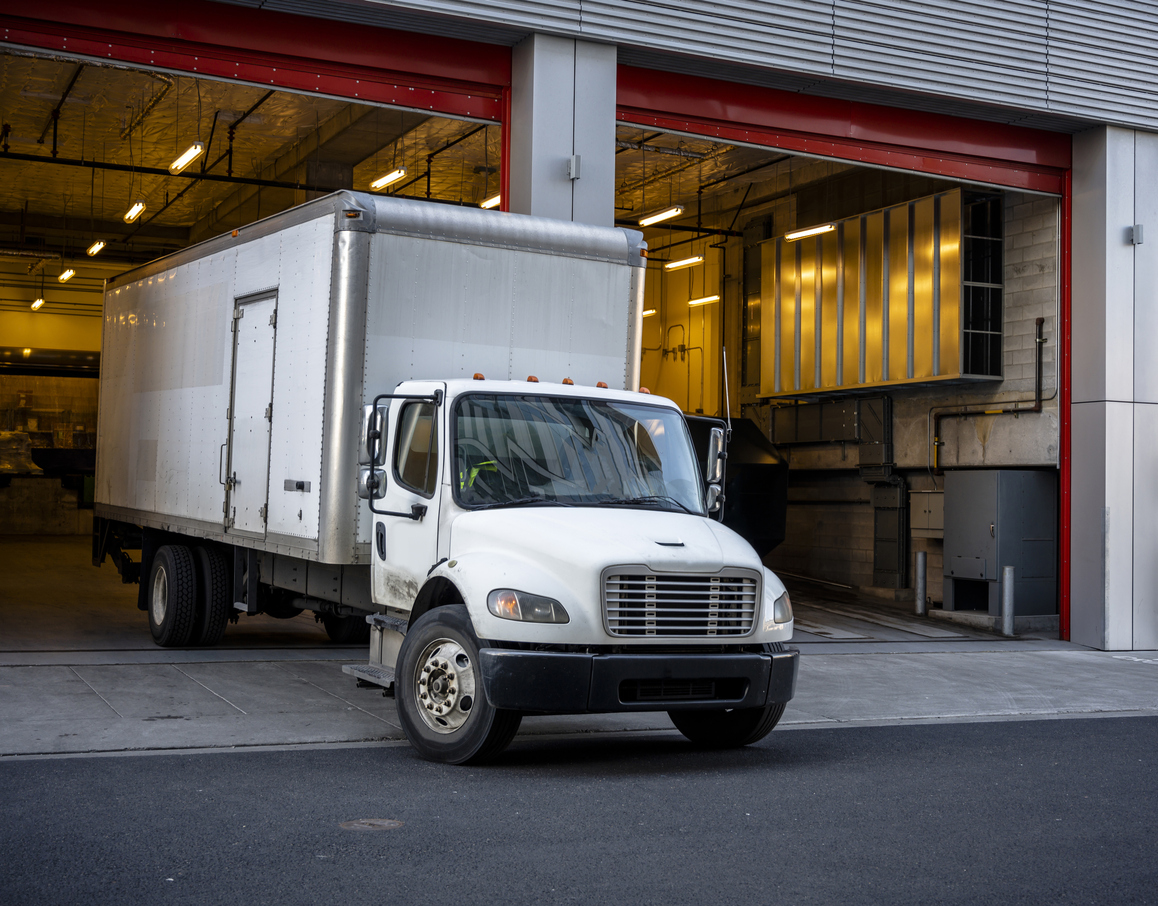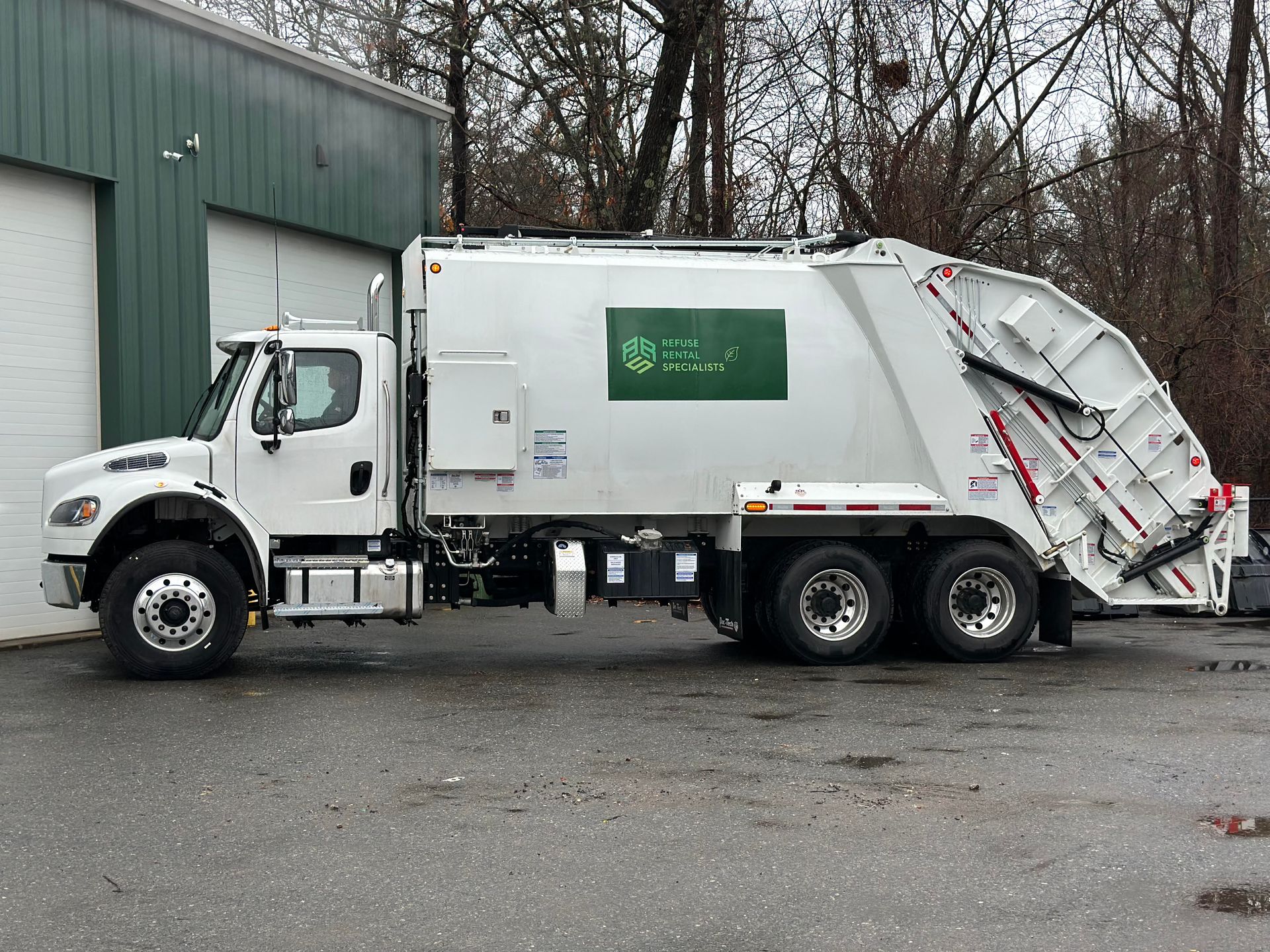CDL Rental Trucks: Your Comprehensive Guide to Commercial Vehicle Leasing sale.truckstrend.com
In the dynamic world of logistics, construction, agriculture, and specialized services, access to reliable commercial vehicles is paramount. However, owning and maintaining a large fleet can be a significant capital expenditure and operational burden for many businesses. This is where CDL Rental Trucks step in as an invaluable solution, offering flexibility, cost-effectiveness, and immediate access to the heavy-duty vehicles necessary to keep operations running smoothly.
A CDL rental truck refers to any commercial motor vehicle (CMV) available for lease that requires the operator to possess a Commercial Driver’s License (CDL) to legally operate it. This typically includes vehicles with a Gross Vehicle Weight Rating (GVWR) of 26,001 pounds or more, those designed to transport 16 or more passengers (including the driver), or any vehicle transporting hazardous materials that require placarding. For businesses facing peak seasons, unexpected equipment breakdowns, new project demands, or simply seeking to avoid the high costs of fleet ownership, CDL rental trucks provide a crucial lifeline, ensuring continuity and scalability without long-term commitments.
CDL Rental Trucks: Your Comprehensive Guide to Commercial Vehicle Leasing
Understanding CDL Rental Trucks: The Core Concept
CDL rental trucks are the backbone of many commercial operations, bridging the gap between a business’s current fleet capacity and its immediate transportation needs. Unlike standard passenger vehicle rentals, these trucks are built for heavy-duty tasks, requiring specialized skills and licensing to operate.
Key characteristics of CDL rental trucks include:
- GVWR: Primarily, any truck with a GVWR exceeding 26,000 pounds (e.g., a large box truck, a semi-tractor, a dump truck) will fall into this category.
- Specialized Equipment: This can range from Class 8 semi-tractors designed to pull massive trailers to heavy-duty straight trucks, flatbeds, refrigerated units, or specialized construction vehicles.
- Commercial Use: These rentals are almost exclusively for commercial purposes, necessitating business insurance and adherence to Department of Transportation (DOT) regulations.
- CDL Requirement: The most defining feature is the mandatory CDL for the operator, ensuring that only qualified and tested drivers are behind the wheel of these powerful machines.

Businesses often turn to CDL rentals for short-term needs, such as a one-off delivery requiring a specific truck type, or for longer durations, like covering a vehicle during maintenance or testing new routes without committing to a purchase.
The Undeniable Benefits of Renting CDL Trucks
Opting for CDL rental trucks offers a multitude of advantages that can significantly impact a business’s bottom line and operational efficiency.
- Flexibility and Scalability: Businesses can easily scale their fleet up or down based on demand. This is ideal for seasonal spikes, one-off contracts, or managing unpredictable workloads without the burden of idle assets during slower periods.
- Cost-Effectiveness: Renting eliminates the massive upfront capital expenditure of purchasing new trucks. It also sidesteps ongoing costs like depreciation, major maintenance, repairs, and property taxes associated with ownership.
- Reduced Operational Burden: Rental companies typically handle routine maintenance, inspections, and major repairs. This frees up a business’s resources, allowing them to focus on their core operations rather than fleet management. Many rentals include roadside assistance, minimizing downtime in case of a breakdown.
- Access to Diverse Fleet: Rental providers often boast a wide variety of truck types, allowing businesses to select the exact vehicle for a specific job – whether it’s a dry van, reefer, flatbed, or specialty truck – without having to own multiple vehicle types.
- Mitigating Obsolescence: Technology in commercial vehicles evolves rapidly. Renting allows businesses to access newer, more fuel-efficient, and technologically advanced trucks without the risk of their owned assets becoming outdated.
- Emergency Coverage: When an owned truck breaks down unexpectedly, a rental can quickly fill the gap, preventing costly delays and disruptions to supply chains.


A Step-by-Step Guide to Renting a CDL Truck
Renting a CDL truck is a structured process designed to ensure safety and compliance. Here’s how to navigate it:
- Assess Your Needs: Determine the specific type of truck (e.g., semi-tractor, 26-foot box truck, flatbed), the required GVWR, the duration of the rental (daily, weekly, monthly), estimated mileage, and any specific features (e.g., liftgate, sleeper cab, refrigeration).
- Research Rental Providers: Major national providers like Ryder, Penske, and Enterprise Truck Rental are excellent starting points. Local independent rental companies might also offer competitive rates and personalized service.
- Understand Requirements:
- CDL: The driver must possess a valid CDL (Class A, B, or C with appropriate endorsements) for the type of truck being rented.
- Insurance: Most rental companies require proof of commercial auto insurance coverage (liability and physical damage) that extends to rental vehicles. If your existing policy doesn’t cover rentals, the rental company may offer supplemental coverage or a damage waiver.
- Business Information: Be prepared to provide your company’s DOT number, business registration, and payment information.
- Age Restrictions: Drivers must typically be over 21, sometimes 25, for commercial rentals.
- Obtain Quotes and Compare: Contact multiple providers. Compare not just the base rate, but also included mileage, per-mile overage charges, insurance options, fuel policies, and any additional fees (e.g., environmental fees, surcharges).
- Review the Rental Agreement: Before signing, thoroughly read the contract. Pay close attention to:
- Return conditions (fuel level, cleanliness).
- Late return penalties.
- Breakdown and roadside assistance policies.
- Accident procedures.
- Any geographical restrictions.
- Pre-Rental Inspection: Before driving off, conduct a thorough inspection of the truck. Document any existing damage (scratches, dents, tire wear, fluid levels) with photos or video, and ensure it’s noted on the rental agreement. Check all lights, brakes, mirrors, and ensure the necessary safety equipment (fire extinguisher, triangles) is present.
- Operate and Return: Operate the truck safely and in compliance with all DOT regulations. Adhere to the agreed-upon fuel policy. Upon return, conduct another inspection with the rental agent and ensure all paperwork is completed.
Important Considerations When Renting CDL Trucks
Navigating the world of CDL truck rentals requires attention to detail and an understanding of key factors to ensure a smooth, compliant, and cost-effective experience.
- CDL Endorsements: Ensure your driver’s CDL has the correct endorsements for the specific truck type or cargo (e.g., air brakes, tanker, hazardous materials, doubles/triples).
- Insurance Coverage: This is paramount. Verify that your commercial auto insurance policy explicitly covers rented commercial vehicles for both liability and physical damage. If not, consider the rental company’s offered coverage, but be aware it might be more expensive or have limitations. Some policies may require a binder directly from your insurer to the rental company.
- DOT Compliance: Even though you’re renting, your operation is still subject to all federal and state DOT regulations, including Hours of Service (HOS), Electronic Logging Devices (ELDs), pre-trip inspections, and driver qualification files. Ensure the rental truck is equipped with a compliant ELD or that you have an alternative method for logging HOS.
- Mileage Limits and Fuel Policy: Most rentals include a certain number of free miles per day or week, with a per-mile charge for exceeding that limit. Understand the fuel policy – typically, you receive the truck full and return it full, or pay a premium for the rental company to refuel.
- Maintenance and Breakdown Support: Inquire about the rental company’s roadside assistance and maintenance policies. What happens if the truck breaks down far from a service center? Is there a replacement vehicle policy?
- Tolls and Permits: Clarify how tolls are handled. Some rental trucks come with transponders, and charges are added to your bill. Ensure you have any necessary permits for your route or cargo.
Types of CDL Rental Trucks
The variety of CDL rental trucks available caters to a broad spectrum of commercial needs:
- Class 8 Semi-Tractors: These are the most common CDL rentals, used to pull various types of trailers (dry vans, reefers, flatbeds). Available as day cabs (no sleeper) or sleeper cabs for long-haul operations.
- Heavy-Duty Box Trucks/Straight Trucks: Ranging from 26-foot box trucks (which often exceed 26,001 lbs GVWR, requiring a Class B CDL) to larger moving trucks. Ideal for local and regional deliveries, furniture transport, or specialized equipment. Many come with liftgates.
- Flatbed Trucks: Used for transporting oversized loads, machinery, building materials, or anything that can’t fit into an enclosed trailer. Available in various lengths and weight capacities.
- Refrigerated Trucks (Reefers): Essential for transporting perishable goods, pharmaceuticals, or anything requiring temperature control. Available as both straight trucks and semi-trailers.
- Dump Trucks: Common in construction, landscaping, and aggregate industries for hauling loose materials like sand, gravel, or dirt. Require a Class B CDL.
- Specialty Vehicles: Some rental companies offer highly specialized CDL vehicles like garbage trucks, concrete mixers, or boom trucks for specific industry needs.
Tips for a Seamless CDL Rental Experience
- Book in Advance: Especially during peak seasons or for specialized vehicles, booking well in advance ensures availability and potentially better rates.
- Document Everything: Take photos or videos of the truck before and after your rental. Keep all receipts, rental agreements, and communication with the rental company.
- Understand All Fees: Don’t hesitate to ask for a breakdown of all potential charges, including taxes, surcharges, environmental fees, and damage waivers.
- Plan Your Route: Consider the truck’s dimensions, weight, and any low bridge clearances or weight restrictions on your planned route.
- Communicate: If you anticipate returning the truck late, needing an extension, or encountering a problem, communicate immediately with the rental company.
- Return Clean and Full: Avoid extra charges by returning the truck in the condition it was received, with the agreed-upon fuel level.
Potential Challenges and Solutions
While CDL rentals offer significant benefits, some challenges can arise.
- Challenge: Limited Availability.
- Solution: Book well in advance, especially for popular truck types or during peak seasons. Consider alternative rental locations or smaller, local providers.
- Challenge: Unexpected Costs.
- Solution: Thoroughly review the rental agreement, understand all potential fees (mileage overages, fuel, cleaning, late returns), and clarify insurance requirements upfront. Document pre-existing damage.
- Challenge: Breakdown or Mechanical Issues.
- Solution: Choose reputable rental companies known for well-maintained fleets and robust 24/7 roadside assistance. Understand their breakdown policy before you rent.
- Challenge: Driver Qualification Issues.
- Solution: Verify that your driver has the correct CDL class and endorsements for the specific truck and cargo. Ensure they are familiar with operating a commercial vehicle of that size.
- Challenge: Insurance Gaps.
- Solution: Confirm with your insurance provider that your commercial auto policy covers rented CMVs. If not, purchase the necessary coverage from the rental company or a third-party insurer.
CDL Rental Truck Pricing Guide
The cost of renting a CDL truck varies significantly based on several factors, including the type of truck, duration of the rental, mileage included, location, and the specific rental company. The table below provides a general overview of typical price ranges and the factors that influence them. These are estimates and should be used for budgeting purposes; always obtain specific quotes.
| Factor | Description | Typical Impact on Price |
|---|---|---|
| Truck Type | ||
| Class 8 Semi-Tractor | Heavy-duty tractor for pulling large trailers. | Highest daily/weekly rates. |
| Heavy-Duty Box Truck | Over 26,001 lbs GVWR (e.g., 26-foot moving truck). | Mid-range rates. |
| Flatbed Truck | For oversized or specialized loads. | Mid-to-high range rates. |
| Refrigerated Truck | Requires specialized refrigeration unit. | Higher due to specialized equipment and maintenance. |
| Dump Truck | For hauling bulk materials. | Mid-to-high range rates. |
| Rental Duration | ||
| Daily | Short-term, one-off jobs. | Highest per-day rate. |
| Weekly | Consistent need over a few days. | Lower per-day rate than daily. |
| Monthly | Extended projects, fleet replacement. | Lowest per-day rate, most cost-effective for long term. |
| Mileage Inclusion | Number of miles included in the base rate before additional charges apply. | Standard typically 100-250 miles/day. Overages $0.25 – $0.75+ per mile. |
| Location | Urban areas with high demand vs. rural areas. | Prices can vary by 10-20% based on geographic location. |
| Additional Fees | ||
| Insurance/DW | Damage waiver or supplemental liability insurance. | Varies, often 10-20% of base rental or flat daily fee. |
| Fuel | Return truck with full tank or pay refueling charge. | Variable, can be significant if not managed. |
| Environmental/Taxes | Regulatory fees, local taxes. | Typically 5-15% of total. |
| Late Return | Penalties for returning truck past agreed time. | Can be full daily rate for partial day. |
| Cleaning | If truck is returned excessively dirty. | Flat fee ($50 – $200). |
Estimated Price Ranges (Excluding Insurance & Fuel):
- Daily: $200 – $800+ (depending on truck type)
- Weekly: $1,000 – $4,000+
- Monthly: $3,000 – $12,000+
Note: These prices are highly variable. Always request a detailed quote from your chosen rental provider.
Frequently Asked Questions (FAQ) about CDL Rental Trucks
Q1: Do I need my own CDL to rent a CDL truck?
A1: Yes, the individual operating the CDL rental truck must possess a valid Commercial Driver’s License (CDL) of the appropriate class (A, B, or C) for the vehicle’s GVWR and any required endorsements (e.g., air brakes, tanker, hazmat). If you are a business owner, your driver must have the correct CDL.
Q2: What kind of insurance do I need for a CDL rental truck?
A2: You will typically need to provide proof of commercial auto insurance that covers rented commercial vehicles for both liability and physical damage (collision and comprehensive). Many rental companies offer supplemental insurance or a damage waiver, but it’s often more cost-effective to ensure your existing policy covers rentals.
Q3: Can I rent a CDL truck for personal use?
A3: Generally, no. CDL rental trucks are intended for commercial use only. Rental companies have strict policies and insurance requirements that align with commercial operations. For personal moving, you’d typically use a non-CDL required truck from companies like U-Haul or Penske that are under the 26,001 lbs GVWR limit.
Q4: What happens if the rental truck breaks down?
A4: Reputable CDL rental companies offer 24/7 roadside assistance. You should contact the rental company immediately. They will guide you through the process, which may involve dispatching a service technician or arranging a replacement vehicle, depending on the severity and location of the breakdown.
Q5: Are Electronic Logging Devices (ELDs) required in rental trucks?
A5: Yes, if your operation falls under the ELD mandate (i.e., you are required to keep Records of Duty Status, HOS). Rental trucks used for commercial purposes that require HOS logging must be equipped with a compliant ELD. Verify with the rental company that their trucks come with ELDs or plan to use a portable ELD solution.
Q6: Can I pick up a truck in one location and drop it off in another?
A6: Many national rental companies offer one-way rental options, but this usually comes with an additional fee. It’s best to confirm this possibility and the associated costs when getting your quote.
Q7: Are fuel costs included in the rental price?
A7: Typically, no. You are usually responsible for fuel costs. Most rental agreements require you to return the truck with the same fuel level as when you picked it up (usually full). If you don’t, you will be charged a premium rate for the rental company to refuel it.
Conclusion
CDL rental trucks are an indispensable asset for businesses navigating the complexities of commercial transportation. They offer unparalleled flexibility, significant cost savings compared to ownership, and immediate access to a diverse fleet of specialized vehicles. By understanding the rental process, being aware of important considerations like insurance and DOT compliance, and carefully evaluating pricing, businesses can leverage CDL rentals to optimize their operations, respond swiftly to market demands, and maintain efficiency without the immense capital outlay of fleet ownership. Whether for a short-term project or as a strategic part of a long-term logistics plan, CDL rental trucks stand as a powerful tool in the modern commercial landscape, ensuring that your goods keep moving, and your business keeps growing.




